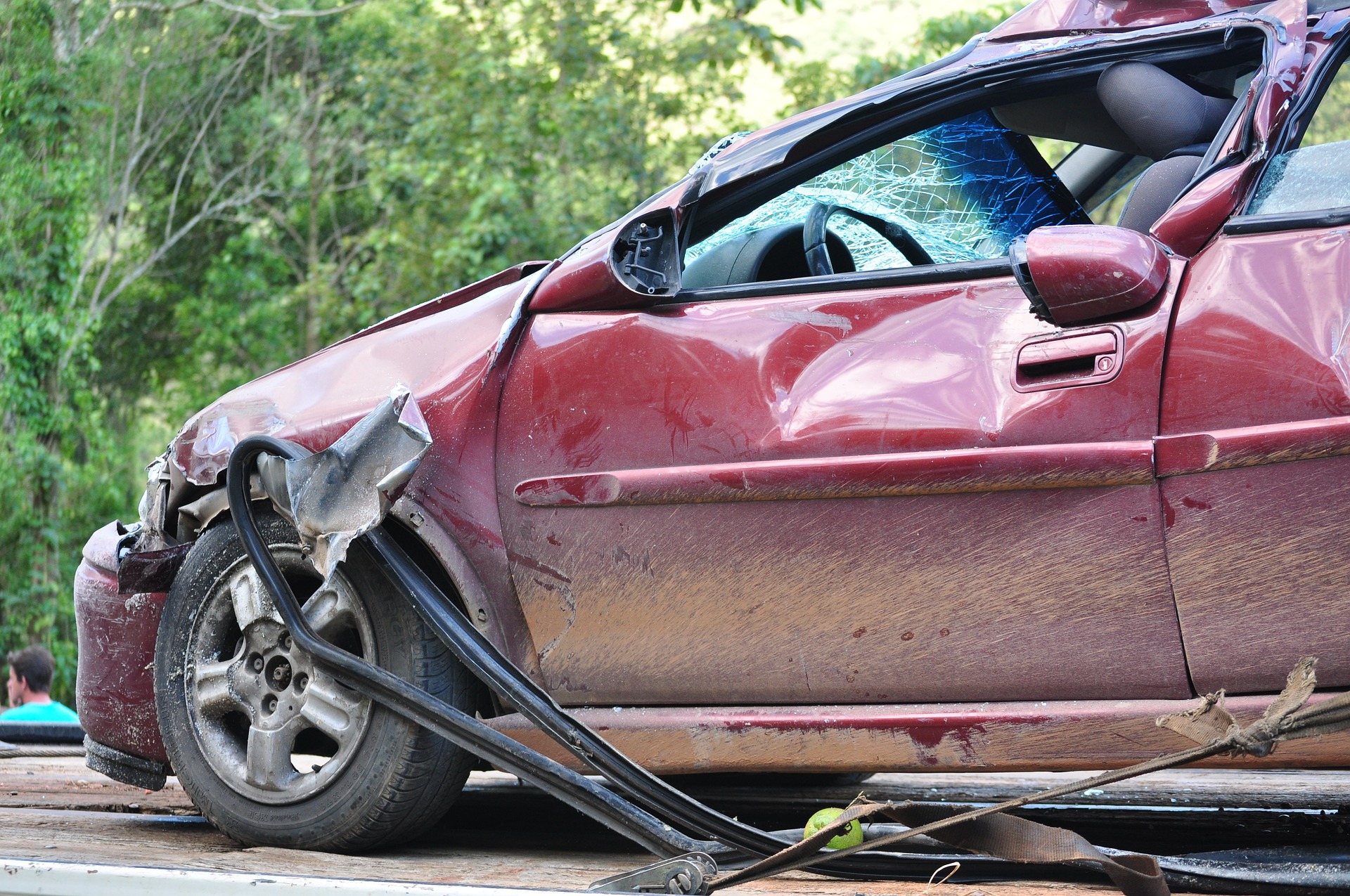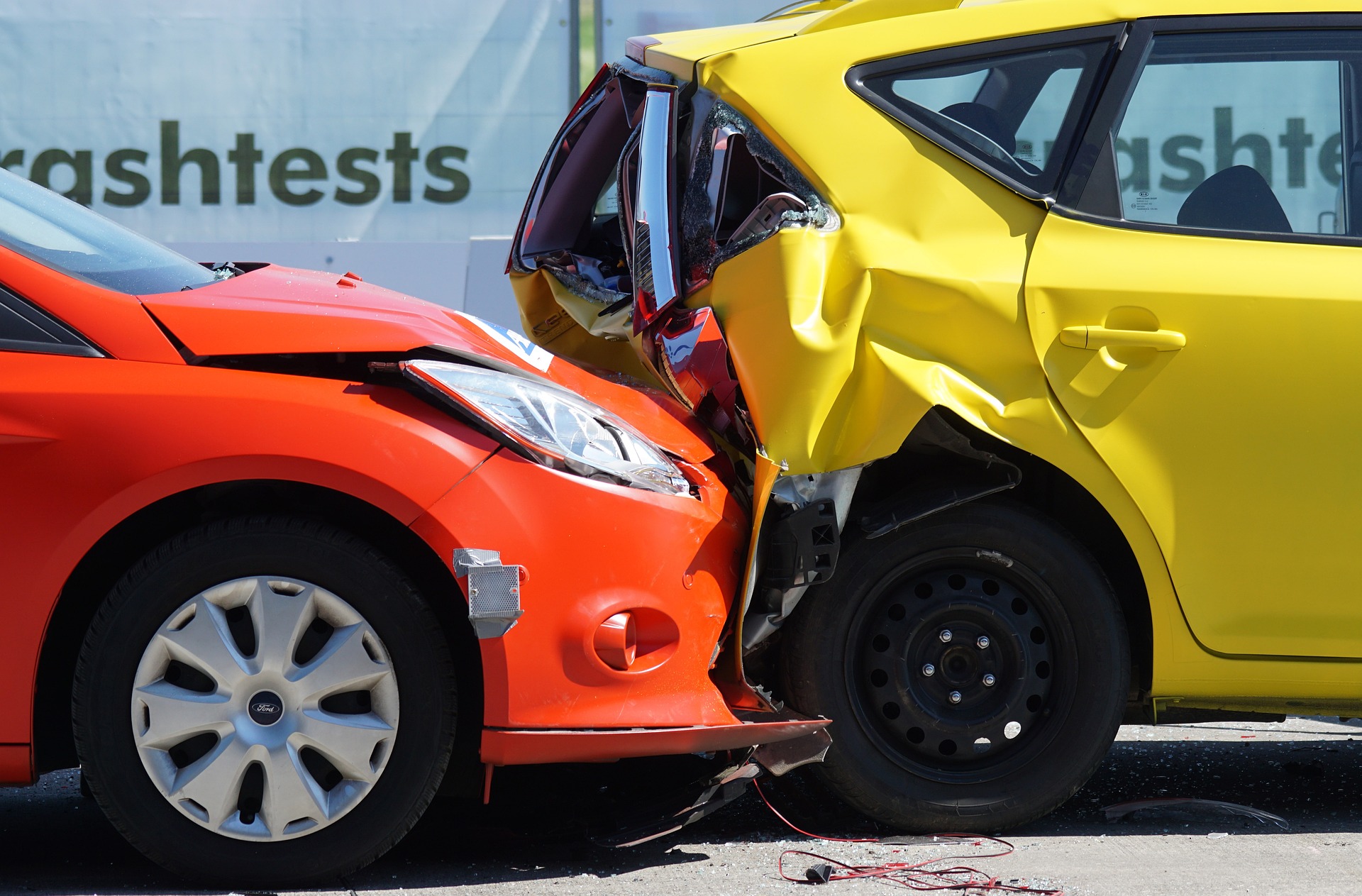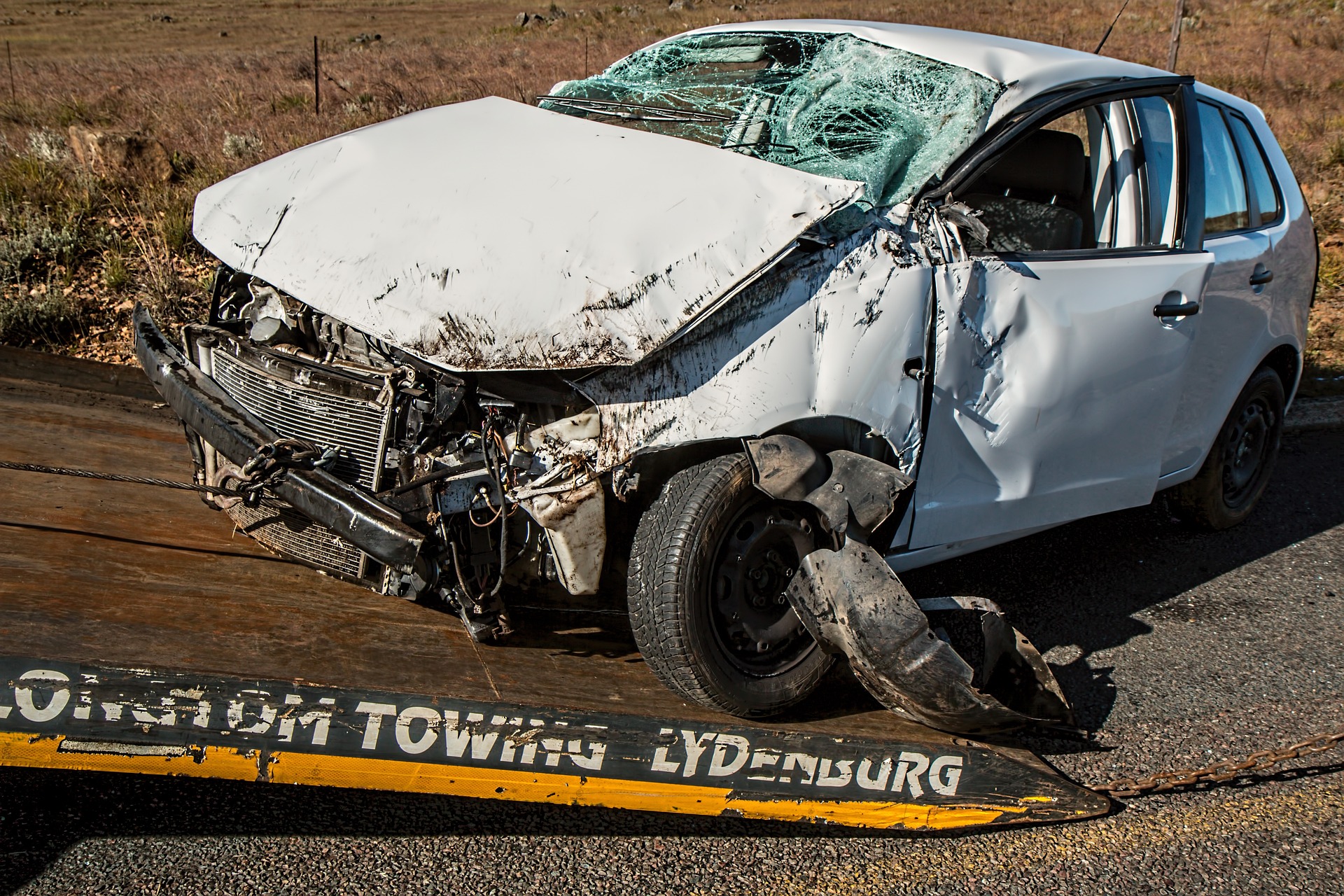If you’ve been in a car accident, you may be feeling overwhelmed by the aftermath. You have to deal with your injuries, your damaged vehicle, and the other driver’s insurance company. You may also have to deal with your own insurance company, especially if the other driver is uninsured or underinsured.
One of the first things that the insurance adjuster will ask you to do is to give a recorded statement about the accident. This may seem like a simple and harmless request, but it can actually have serious consequences for your claim. In this article, we’ll explain what a recorded statement is, why the insurance company wants it, and whether you should give one or not.
What Is a Recorded Statement?
A recorded statement is a verbal account of the accident that you give to the insurance adjuster over the phone or in person. The adjuster will ask you questions about how the accident happened, what injuries you suffered, what treatment you received, and how the accident has affected your life. The adjuster will record your answers and use them as evidence for your claim.
Why Does the Insurance Company Want a Recorded Statement?
The insurance company wants a recorded statement for two main reasons:
- To get your side of the story and understand what happened in the accident
- To find ways to reduce or deny your claim
The insurance company may tell you that they need a recorded statement to process your claim faster or to verify your injuries. However, their real motive is to use your statement against you. The adjuster may try to trick you into saying something that can hurt your claim, such as:
- Admitting fault or partial fault for the accident
- Downplaying the severity of your injuries or pain
- Agreeing to a low settlement offer
- Giving inconsistent or inaccurate information
- Revealing irrelevant or personal details
The insurance company can use any of these statements to argue that you are not entitled to full compensation for your damages. They can also use them to discredit your testimony if your case goes to court.
Do You Have to Give a Recorded Statement?
The answer depends on whether you are dealing with your own insurance company or the other driver’s insurance company.
If you are dealing with your own insurance company, you may have to give a recorded statement as part of your policy agreement. Your policy may have a clause that requires you to cooperate with the investigation of your claim. If you refuse to give a recorded statement, you may be in breach of contract and risk losing your coverage.
However, even if you have to give a recorded statement to your own insurance company, you still have some rights and options. You can:
- Ask for a copy of your policy and review it carefully
- Ask for a written list of questions that the adjuster will ask you
- Ask for time to prepare and consult with an attorney before giving a statement
- Ask for a copy of your recorded statement after giving it
- Limit your answers to factual information and avoid speculation or opinions
If you are dealing with the other driver’s insurance company, you do not have to give a recorded statement at all. You have no contractual obligation to cooperate with them, and they have no legal authority to force you to give a statement. In fact, most personal injury attorneys advise against giving a recorded statement to the other driver’s insurance company. It is not in your best interest and it can only harm your claim.
What Should You Do Instead of Giving a Recorded Statement?
If the other driver’s insurance company asks you for a recorded statement, you should politely decline and refer them to your attorney. You should also contact an experienced car accident attorney as soon as possible after the accident. Your attorney can handle all communication with the insurance company on your behalf and protect your rights and interests.
Your attorney can also help you gather evidence to support your claim, such as:
- Police reports
- Witness statements
- Medical records
- Photos and videos of the accident scene and your injuries
- Expert opinions
An attorney can use this evidence to negotiate with the insurance company for a fair settlement that covers all of your damages, such as:
- Medical bills
- Lost wages
- Pain and suffering
- Property damage
- Loss of enjoyment of life
If the insurance company refuses to offer a reasonable settlement, your attorney can file a lawsuit and take
How to File a Car Accident Lawsuit
If you decide to file a car accident lawsuit, you should be aware of the process and the steps involved. A car accident lawsuit is a type of civil suit, which means that you are suing the other driver for monetary damages. The process may vary depending on your state’s laws, but the general outline is as follows:
-
Step 1:
The plaintiff files and serves the complaint. The plaintiff is the person who initiates the lawsuit, usually the injured party. The complaint is the legal document that states the facts of the case, the legal basis for the claim, and the damages sought. The complaint must be filed with the appropriate court and served on the defendant, who is the person being sued, usually the at-fault driver.
-
Step 2:
The defendant answers the complaint. The defendant has a certain amount of time to respond to the complaint, usually 20 to 30 days. The answer is the legal document that admits or denies the allegations in the complaint, raises any defenses or counterclaims, and requests a dismissal or a judgment in their favor.
-
Step 3:
Discovery takes place. Discovery is the phase where both parties exchange information and evidence related to the case. This may include interrogatories (written questions), requests for production (documents or records), requests for admission (statements of fact), depositions (oral testimony), and subpoenas (orders to appear or produce evidence). Discovery can take several months or even years, depending on the complexity of the case and the cooperation of the parties.
-
Step 4:
The case settles or goes to trial. Car accident cases can settle at any time, although most car accident cases settle after discovery and before trial. Settlement is when both parties agree to resolve the case without going to court, usually by paying a certain amount of money to the plaintiff. Settlement can save time, money, and stress for both parties. However, if settlement negotiations fail or if one party refuses to settle, the case will proceed to trial.
-
Step 5:
The trial occurs. A trial is when both parties present their arguments and evidence to a judge or a jury, who will decide who is liable and how much damages are owed. A trial can last from a few days to a few weeks, depending on the number of witnesses, exhibits, and motions involved. The verdict is the final decision of the judge or jury on who wins and who loses.
-
Step 6:
Potential appeal. Either party can appeal the verdict if they believe there was an error of law or fact that affected the outcome of the case. An appeal is when a higher court reviews the lower court’s decision and either affirms it (upholds it), reverses it (overturns it), or remands it (sends it back) for further proceedings. An appeal can take several months or even years to complete.
As you can see, filing a car accident lawsuit is not a simple or quick process. It requires a lot of time, effort, and resources from both parties. That’s why it’s important to have an experienced car accident attorney on your side who can guide you through every step of the way and fight for your best interests.

How to Choose a Car Accident Attorney
If you are thinking about filing a car accident lawsuit, you should not do it alone. You need a qualified car accident attorney who can help you with your claim and represent you in court if necessary.
A car accident attorney is a lawyer who specializes in handling cases involving motor vehicle accidents and personal injuries. They have the knowledge and skills to deal with insurance companies, gather evidence, negotiate settlements, file lawsuits, and litigate trials.
But how do you choose a car accident attorney? Here are some tips to help you find the right one for your case:
-
Ask for referrals
You can ask your friends, family members, coworkers, or other professionals for recommendations of car accident attorneys they have used or know of. You can also check online reviews and testimonials from previous clients.
-
Do your research
You should look up potential car accident attorneys online and check their credentials, experience, reputation, and results. You should also check their disciplinary records with your state bar association and see if they have any complaints or sanctions against them.
-
Schedule consultations
You should contact several car accident attorneys and schedule free consultations with them. A consultation is an opportunity for you to meet with an attorney face-to-face and discuss your case in detail. You should prepare a list of questions to ask them during the consultation, such as:
-
- What is your legal specialty and experience in car accident cases?
- How many car accident cases have you handled and what were the outcomes?
- Who will handle my case and how will you communicate with me?
- How do you charge for your services and what expenses will I have to pay?
- How do you evaluate my case and what are the potential damages I can recover?
- How long do you think my case will take and what are the possible challenges or risks?
- How often do you settle car accident cases out of court and what are the benefits and drawbacks of doing so?
- How often do you go to trial and what are the benefits and drawbacks of doing so?
When choosing a car accident attorney, it’s important to find someone who is qualified, experienced, reputable, and trustworthy. It’s crucial to feel comfortable and confident with their personality, style, and approach. A good car accident attorney should be able to answer your questions clearly and honestly, explain your options and rights, advocate for your best interests, and achieve the best possible outcome for your case.
Benefits and Drawbacks of Car Accident Lawsuit
Filing a car accident lawsuit can have both benefits and drawbacks for the injured party. Here are some of the pros and cons of suing after a car accident:
Benefits of Car Accident Lawsuit
- You may be able to recover more compensation than what the insurance company offers. A lawsuit can allow you to pursue damages for pain and suffering, emotional distress, loss of enjoyment of life, and punitive damages, which are not typically available in a settlement
- You may be able to hold the negligent party accountable for their actions. A lawsuit can send a message that reckless or careless driving is not acceptable and that the responsible party must face the consequences of their behavior
- You may be able to influence public policy or social change. A lawsuit can raise awareness of a certain issue or problem related to car accidents, such as defective products, unsafe roads, or drunk driving. A lawsuit can also create a precedent that can affect future cases or legislation
Drawbacks of Car Accident Lawsuit
- You may have to wait longer to receive compensation. A lawsuit can take months or years to resolve, depending on the complexity of the case and the cooperation of the parties. During this time, you may have to deal with ongoing medical bills, lost income, and other expenses without any financial relief
- You may have to pay more in legal fees and costs. A lawsuit can be expensive, especially if it goes to trial. You may have to pay for court fees, filing fees, expert witnesses, depositions, transcripts, and other expenses. Depending on your fee arrangement with your attorney, you may also have to pay a higher percentage of your recovery if you win at trial than if you settle out of court
- You may face more stress and uncertainty. A lawsuit can be stressful and emotionally draining for both parties. You may have to relive the trauma of the accident, face cross-examination by the defense attorney, and deal with public exposure and media attention. You may also face uncertainty about the outcome of your case, as there is no guarantee that you will win or that you will receive the amount you expect
Similar Alternatives to Car Accident Lawsuit
Filing a car accident lawsuit is not the only way to seek compensation after a car accident. There are some other alternatives that may be available to you, depending on your situation. Here are some of the common alternatives to car accident lawsuit:
-
Car Accident Insurance Claim:
This is the most common and simplest way to resolve a car accident dispute. You file a claim with the insurance company of the at-fault driver and negotiate a settlement with them. You can also file a claim with your own insurance company if you have collision or comprehensive coverage, or if you live in a no-fault state. An insurance claim can save you time and money, as you don’t have to go to court or hire an attorney. However, you may not get the full compensation you deserve, as the insurance company may try to lowball you or deny your claim
-
Mediation:
This is a form of alternative dispute resolution (ADR) where you and the other party meet with a neutral third-party mediator who helps you reach a mutually acceptable agreement. Mediation is voluntary, confidential, and non-binding, which means you can walk away at any time and pursue other options. Mediation can help you avoid the stress and uncertainty of a lawsuit, as well as preserve your relationship with the other party. However, mediation may not work if the other party is unreasonable or unwilling to compromise
-
Arbitration:
This is another form of ADR where you and the other party agree to submit your dispute to a neutral third-party arbitrator who makes a binding decision after hearing both sides. Arbitration is faster, cheaper, and more private than a lawsuit, as you don’t have to go to court or follow strict rules of evidence. However, arbitration also limits your rights and remedies, as you cannot appeal the arbitrator’s decision or seek a jury trial
Conclusion
Car accidents can be traumatic and life-changing events. If you have been injured in a car accident due to someone else’s negligence, you deserve to be compensated for your losses. However, dealing with the insurance company or filing a lawsuit can be complicated and stressful. That’s why you need a professional car accident attorney to help you with your claim.
A car accident attorney can help you:
- Understand your rights and options
- Gather evidence and build a strong case
- Negotiate with the insurance company for a fair settlement
- File a lawsuit and litigate in court if necessary
- Recover the maximum compensation for your damages
If you are looking for a reliable and experienced car accident attorney, contact us today for a free consultation. We have handled thousands of car accident cases and we know how to get you the justice and compensation you deserve. We will fight for you every step of the way and we won’t charge you anything unless we win your case.
Useful Resources
If you are looking for more information or assistance after a car accident, you may want to check out some of the following resources and sellers:
- Accident.com: This is a website that connects you with local car accident attorneys who can help you with your claim. You can get a free consultation and learn about your rights and options. You can also find articles and guides on various topics related to car accidents, such as insurance, injuries, and lawsuits
- Forbes Advisor: This is a website that provides expert advice on legal, financial, and insurance matters. You can find articles and guides on typical car accident settlement amounts, car accident lawsuit process, car accident settlement timeline, and more. You can also compare quotes from different insurance companies and find the best coverage for your needs
- Motor1.com: This is a website that provides reviews, news, and tips on cars and car-related products. You can find articles and guides on typical car accident settlement amounts, how to choose a car accident attorney, how to deal with insurance companies, and more. You can also compare prices and features of different cars and car accessories from multiple sellers
- WikiHow: This is a website that provides step-by-step instructions on how to do anything. You can find articles and guides on how to help a victim of a car accident, how to file a car accident report, how to get over a car accident, and more. You can also watch videos and view images that illustrate the steps
These are some of the useful resources and multiple sellers that you can use after a car accident. They can help you learn more about your situation, find professional help, get fair compensation, and recover from your injuries.


